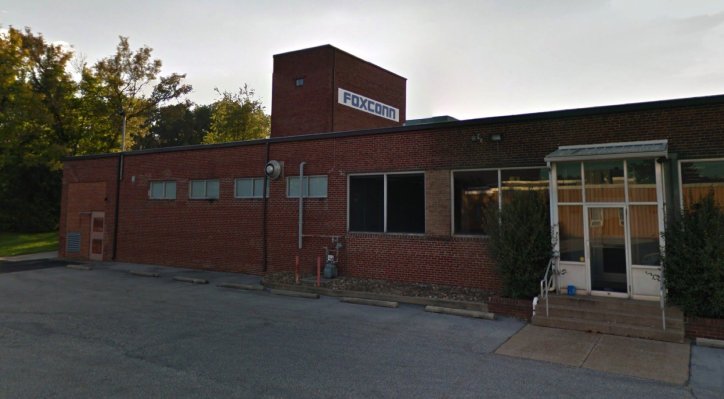Foxconn CEO Terry Gou and President Trump recently announced a plan to bring 3,000 jobs to Wisconsin at what appears to be a flat screen manufacturing plant.
The political press ate it up, alternatively excoriating the program for costing too much in tax breaks and crowing a win for Wisconsin’s conservative governor, Scott Walker.I wouldn’t encourage either party to hold their breath.
Gou is in the habit of promising big and rarely delivering. Four years ago business journals crowed about a plan to bring a Foxconn flat screen manufacturing plant to Pennsylvania in 2013. The result? Foxconn opened an empty office in Harrisburg and nothing further has been done.
This behavior is not new. Foxconn has signed letters promising to build factories in Indonesia (2013), Vietnam (2007), and Brazil (2011). None of these were completed according to the original pie-in-the-sky spec. Reuters had this to say about the Brazil adventure:
When Taiwan’s Foxconn Technology Group agreed in April 2011 to make Apple products here, President Dilma Rousseff and her advisers promised that up to $12 billion in investments over six years would transform the Brazilian technology sector, putting it on the cutting edge of touch screen development. A new supply chain would be created, generating high-quality jobs and bringing down prices of the coveted gadgets.
Four years later, none of that has come true.
Foxconn has created only a small fraction of the 100,000 jobs that the government projected, and most of the work is in low-skill assembly. There is little sign that it has catalyzed Brazil’s technology sector or created much of a local supply chain.
The current Wisconsin deal involves a $10 billion investment by Foxconn and a planned tax abatement of “$200 million to $250 million a year for up to 15 years.” This amounts to a taxpayer cost of $230,000 per worker – if Foxconn keeps hiring.
Trump, for his part, is as optimistic as he was when he tried – and failed – to save jobs at Carrier.
“I’d see Terry and say, ‘You’ve got to give us one of these massive places,” he said. “If I didn’t get elected, he definitely wouldn’t be spending $10 billion.”
But politics isn’t a business. Foxconn is in the business of making and shipping products from its massive factories in China. It is not in the business of helping beleaguered economies. End of story. They are more than happy to explore employee investment, robotic assembly lines, and amazing manufacturing techniques in Shenzhen and will pay lip service – but never really come through – on expansion if it suits the company politically. I realize this is a cynical view especially when there are midwestern jobs on the line, but it’s something that Wisconsin and Walker will need to face.
It makes no economic sense to build massive factories in Wisconsin if the export taxes and other assorted costs are wildly higher in the U.S. than they are in China, further, rural Wisconsin would never be able to support anything like the 200,000 employees housed at some Foxconn facilities. Finally, human manufacturing is shrinking while the use of industrial robots is rising. This means you could run a massive factory with fewer workers and each of those workers would need a higher education to manage the intricacies of a robotic assembly line. None of this is addressed in the proposal and I suspect, soon, it won’t really matter.
“It’s not a promise. It’s a wish,” said Gou in January when the idea of a US factory was first floated. I worry that this announcement, too, is a “wish.” Either way, Foxconn – and not the state – wins.
